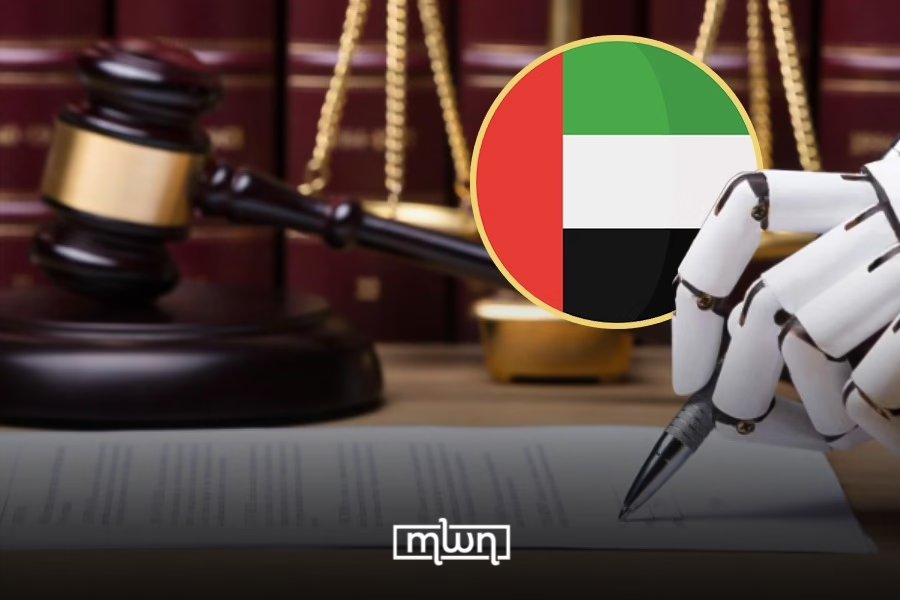In a global first, the UAE is using AI not just to support laws, but to predict them.
Fez – The United Arab Emirates is taking a groundbreaking step by officially integrating artificial intelligence into its lawmaking process.
In a move that sets a new benchmark for innovation in governance, the UAE plans to use AI not only as a supportive tool but as an active player in predicting future legislative needs.
This ambitious initiative aims to revolutionize how laws are created, moving beyond traditional reactive policymaking.
Instead of waiting for societal changes or emerging challenges to force updates, the UAE’s AI systems are being developed to forecast legal requirements ahead of time, allowing for a more agile, forward-thinking legal framework.
While governments around the world have been gradually incorporating AI into administrative tasks, from document drafting to regulatory analysis, the UAE’s strategy stands out for its scope and vision.
It is among the first to position AI as a proactive engine for legislative development, not merely a backend assistant.
Although the specific technologies and platforms the UAE will deploy have not yet been fully disclosed, it is expected that a combination of AI models will be used.
These systems will likely analyze large datasets, detect evolving trends, and recommend potential updates to existing laws or the creation of new ones.
The goal is to make the legislative process smarter, faster, and more responsive to the dynamic realities of modern society.
Importantly, the UAE focuses on ensuring that human oversight will remain central to this process.
Artificial intelligence will provide recommendations and predictions, but final decisions will stay firmly in human hands.
By designing the system with this balance in mind, the UAE ensures that technological innovation enhances governance without replacing the critical human judgment that lawmaking demands.
This move aligns with the UAE’s broader vision to be a leader in digital transformation and artificial intelligence across all sectors.
It follows several major initiatives launched over the past few years to integrate AI into education, healthcare, infrastructure, and now, governance itself.
By adopting AI at the legislative level, the UAE signals a future where governments can become more predictive, efficient, and adaptable, qualities increasingly necessary in a fast-changing world.
It is a bold statement about the country’s commitment to staying ahead of the curve and using technology not just to serve society’s current needs, but to anticipate its future ones.
As the project unfolds, the UAE will be closely watched by other nations eager to understand how artificial intelligence might transform the fundamental processes of governance in the years ahead.
Read also: ElGrandeToto Makes History as First Moroccan Artist to Headline Souissi Stage at Mawazine Festival
















